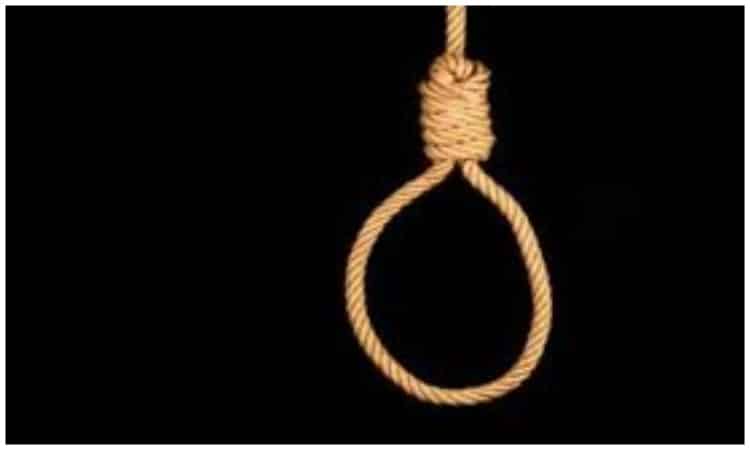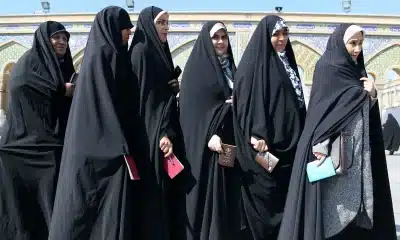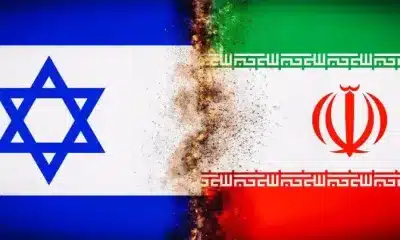Gist
Iran Hangs ‘Child Bride’ For Murder Of Husband

On Wednesday, Iran carried out the hanging of a woman found guilty of murdering her husband, whom she had married as a child, in defiance of international pleas for mercy, as reported by human rights organizations.
Samira Sabzian, imprisoned for the past ten years, was executed at dawn in Ghezel Hesar prison, located in the satellite city of Karaj near Tehran, according to the Iran Human Rights (IHR) group based in Norway.
This execution adds to growing concerns about the rising number of executions in Iran this year, where hundreds of individuals, predominantly on charges related to drugs and murder, have faced hanging, including over a dozen women.
According to IHR, Sabzian, characterized as a “child bride,” entered into marriage at the age of 15 and had been a victim of domestic violence, based on information from her relatives.
The Hengaw rights group also verified the woman’s execution, estimating her current age to be in her late 20s or early 30s, and mentioned her origin as the city of Khorramabad in the western Lorestan province.
Amnesty International said it was “horrified” by the reports of the “chilling execution”, saying the mother of two was “subjected to a forced and early marriage as a child”.
The UN High Commissioner on Human Rights expressed alarm over the execution, citing that Sabzian was coerced into marrying at the age of 15.
“We again urge Iran to establish a moratorium on all executions with a view to abolishing death penalty,” it added.
The execution has so far not been reported by media inside Iran.
Approximately a decade ago, at the age of 19, Sabzian was arrested and subsequently sentenced to death for the alleged murder of her husband, according to the Iran Human Rights (IHR) group.
She had two children whom she had not seen since her arrest until a final meeting in prison earlier this month.
IHR Director Mahmood-Amiry Moghaddam described Sabzian as a victim of gender apartheid, child marriage, and domestic violence, asserting that she had become a casualty of the Iranian regime’s “killing machine.”
Rights groups, including Amnesty International, have raised alarms over a surge in executions in Iran, with at least 115 people executed in November alone. Amnesty called on the international community to urge Iran to establish an official moratorium on executions.
The British government also appealed for clemency, emphasizing Sabzian’s status as a victim of child marriage. Junior Foreign Minister Tariq Ahmad urged Iran to cease its mistreatment of women and girls.
According to IHR, 18 women, including Sabzian, have been executed in Iran this year. Critics argue that Iran’s Sharia-based murder laws, rooted in the principle of “qesas” (retribution in kind), fail to consider mitigating factors such as abuse or domestic violence.
Iran executed eight men in connection to the protests in September 2022, but rights groups contend that the surge in executions across all charges aims to instil fear in the broader population. IHR reported 582 executions in Iran in 2022, with expectations that this year’s total will be significantly higher.












